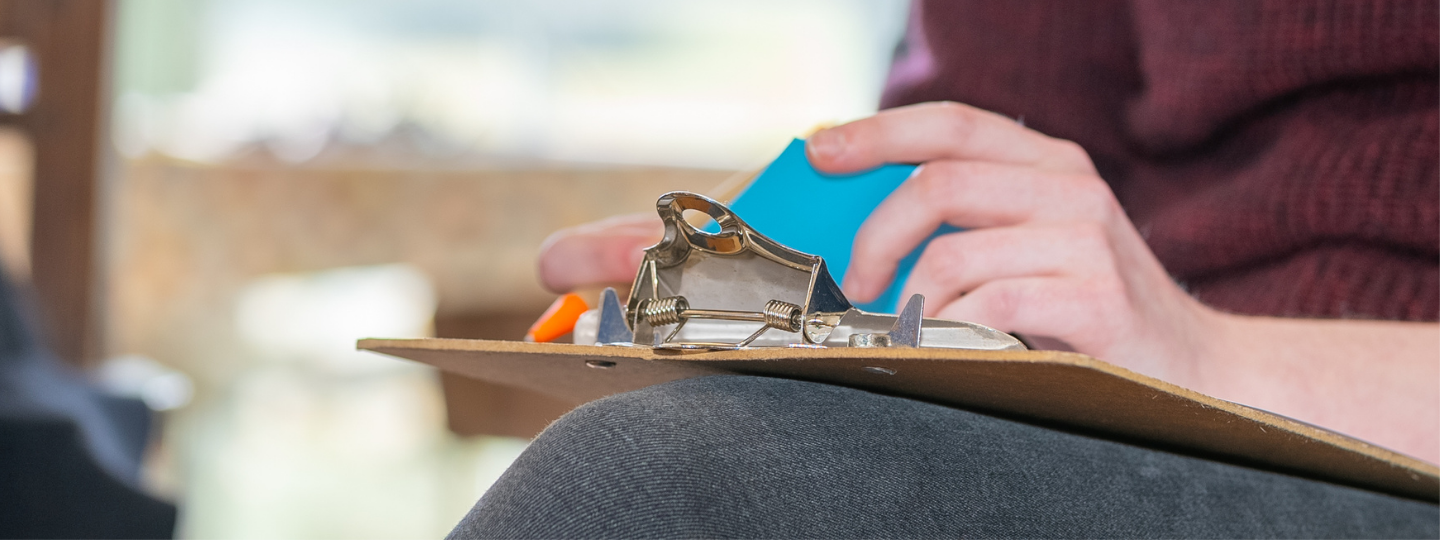We are often asked about our ‘goals in life’ when it comes to careers or discussions about the future. ‘Squad goals’ or ‘couple goals’ appear in many Instagram posts, but what does this really mean? Are personal goals something we want to be, or want to have?
In this article, you will find help to set and achieve your goals:
- What is a goal?
- The purpose of goal setting
- Is the goal SMART?
- How to increase your chances of success
- Ciara (19) shares a goal that she achieved













